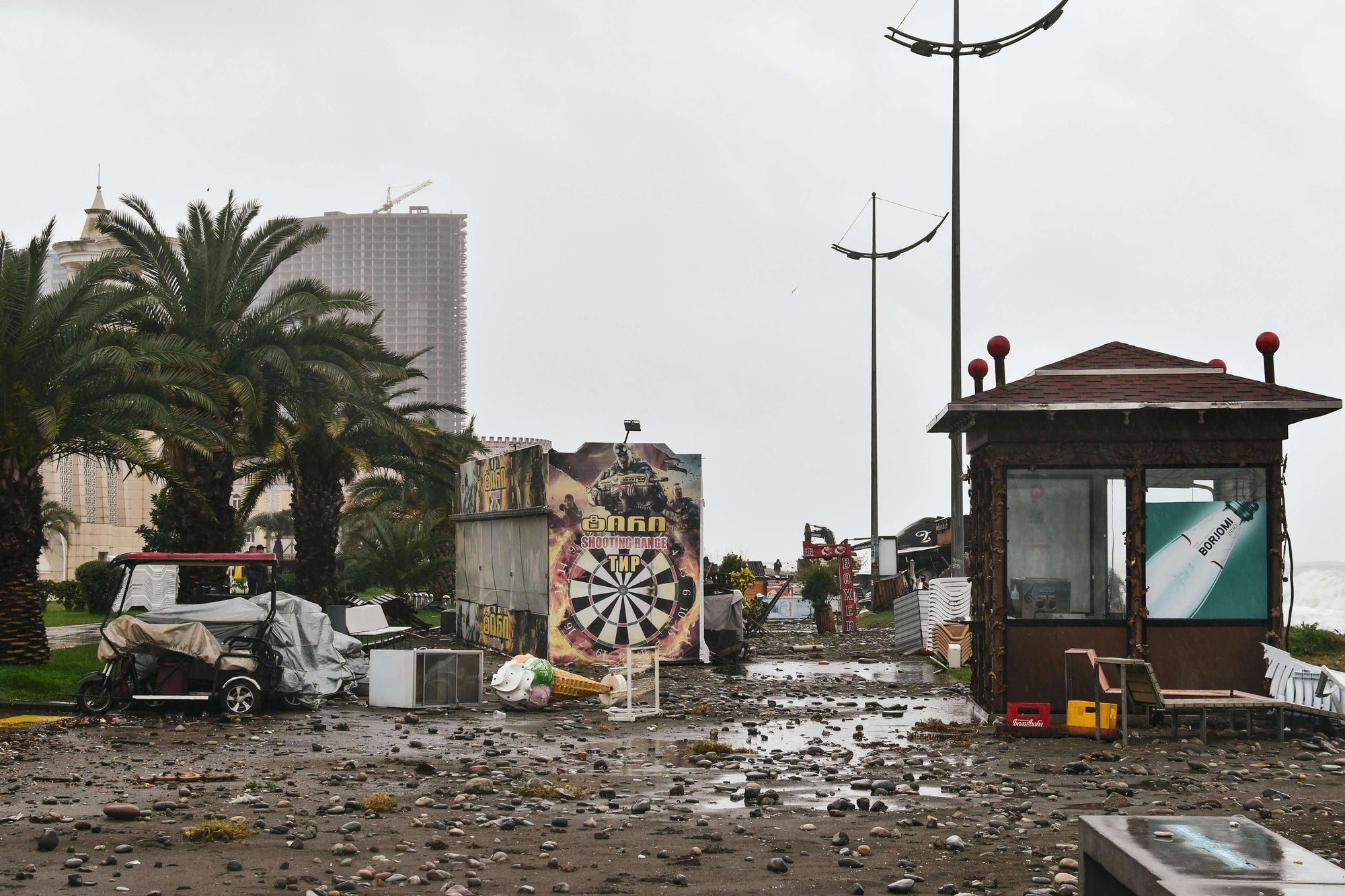

· By Jennifer McGee
Hurricane Milton: Lessons for Future Hurricane Preparedness
When nature strikes, we can only watch and prepare. Hurricane Milton proved to be one of the most unpredictable storms of the season, leaving communities scrambling to respond to its fierce winds and shifting trajectory. As recovery efforts continue, there are important lessons we can learn to improve hurricane preparedness for the future.
The Path of Hurricane Milton
Starting as a small tropical depression in the Atlantic, Hurricane Milton rapidly intensified into a dangerous Category 3 storm with winds exceeding 120 mph. Its path was anything but straightforward, making sudden and unpredictable turns that kept forecasters, residents, and emergency services on edge. Areas from Florida to the Carolinas braced for impact, with evacuation orders in place in several states.
What Made Hurricane Milton Unique?
One of the defining features of Hurricane Milton was its erratic behavior. Even seasoned meteorologists struggled to predict its course, with sudden shifts in direction creating widespread uncertainty. This "wild card" hurricane forced a large portion of the southeastern U.S. to prepare for the worst, leaving many areas vulnerable to flooding, downed power lines, and wind damage.
While some communities were spared the full force of Milton, others faced significant destruction. Power outages, storm surges, and uprooted trees were common in its wake. However, Milton’s unpredictability also provided a reminder of the importance of preparation and readiness for future storms.
Communities Come Together
In the lead-up to Hurricane Milton, communities sprang into action, showing resilience and cooperation. From stocking up on food and water to boarding up windows and setting evacuation plans, residents worked to protect their families and homes. Social media became an essential tool, spreading real-time updates, safety tips, and advice for staying safe. Emergency services played a critical role, responding quickly to those in need and ensuring that evacuation procedures went smoothly.
How to Prepare for Future Hurricanes
As Hurricane Milton reminds us, it’s impossible to predict the exact path of a storm, but being well-prepared can make all the difference. Here are key tips for hurricane preparedness to help keep you safe during future storms:
- Stay Informed: Regularly monitor trusted weather sources, such as NOAA and the National Hurricane Center, for real-time updates and forecasts.
- Create an Emergency Kit: Ensure you have essentials like water, non-perishable food, medications, flashlights, batteries, and important documents ready to go.
- Have an Evacuation Plan: Know your local evacuation routes and have a plan in place for where you and your family will go if evacuation is necessary.
- Prepare Your Home: Install storm shutters, reinforce doors, and secure outdoor items that could become projectiles in strong winds.
- Backup Power: Consider investing in a generator to keep critical devices powered in the event of an extended outage.
- Insurance Review: Review your homeowner’s insurance to ensure you have adequate coverage for hurricane-related damages like flooding or wind destruction.
After the Storm
As recovery continues in areas impacted by Hurricane Milton, the importance of hurricane readiness has become even clearer. Power has been restored to many, but for those hardest hit, rebuilding homes and communities will take time. Milton serves as a stark reminder of how powerful and unpredictable nature can be.
Key Takeaways
- Unpredictable Path: Hurricane Milton’s constantly changing path shows that no area is immune to impact, even if it’s not in the direct path.
- Community Strength: The way communities came together to prepare and recover highlights the strength and resilience in the face of natural disasters.
- Preparedness Is Key: From creating emergency kits to securing homes, preparation is the best defense against hurricanes.
By staying informed, planning ahead, and taking hurricane warnings seriously, we can protect ourselves and our communities from the worst that storms like Hurricane Milton may bring. Are you prepared for the next storm?
